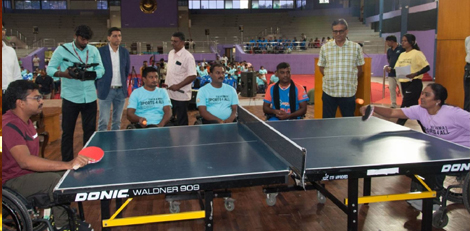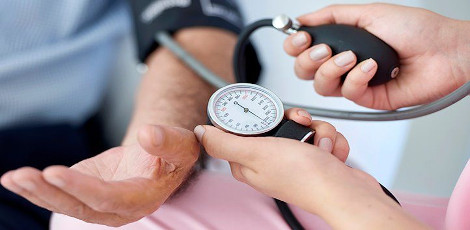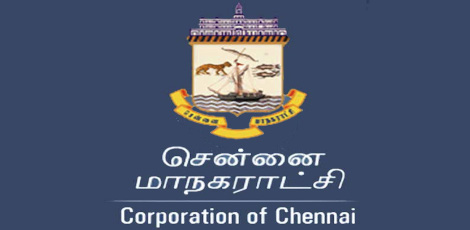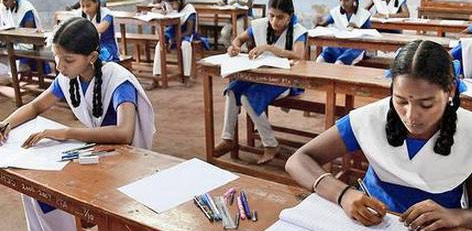World Kidney Day: Quote from Dr. Vidyashankar P, Lead Consultant, Nephrology, Aster CMI Hospital, Bangalore
Posted on: 13/Mar/2019 6:36:38 PM

Chronic Kidney Disease (CKD) is a global epidemic. Nearly 850 million people are known to suffer from kidney diseases from varied causes, world-wide. Chronic kidney disease (CKD) causes about 2.4 million deaths per year and is among the top five causes of deaths worldwide. The 2019 World Kidney Day has set the agenda of �kidney health for everyone everywhere�. The theme is focused on universal health coverage (UHC) for the prevention and early treatment of kidney disease. Breaking down barriers and expanding access to comprehensive services in order to meet the needs of a high population is essential to guarantee equitable kidney care.
India contributes to around 10% of CKD burden of the world. The estimated prevalence of CKD is 1 in 10 (10%) in India .The most common cause of Chronic Kidney disease in India is Diabetes mellitus ,which contributes to around 55-60% of CKD. Other causes are uncontrolled hypertension, chronic pain killer abuse, chronic and recurrent urinary tract infections, Glomerulonephritis. Around 10% of cases are labelled as Chronic Kidney Disease of unknown ethology (CKDu), it commonly affects young adults. Most of these cases are largely undiagnosed and represent the tip of the iceberg.
CKD is the silent killer and the symptoms starts only when the kidney functions go down severely .The emphasis should be made on the early screening for the chronic kidney disease at the community level. Creating awareness about the symptoms of CKD and awareness about the healthy lifestyle and habits. Screening for the CKD involves very simple test like blood test comprises of blood urea, serum creatinine. Urine routine test and ultrasound examination .These test can be made available at all the health facilities at urban and rural level. Health care officials should be trained to diagnose the CKD and treat simple conditions like diabetes and hypertension.
In India only 10% of ESRD patients can afford dialysis and rest perish due to unaffordability .Dialysis is a life-saving procedure and sound be made available under various governed health schemes not limiting to only urban but should be exerted to rural India who are in more need. Hence it imperative to have better screening and treatment facility made accessible to everyone and everywhere.







